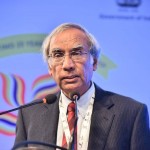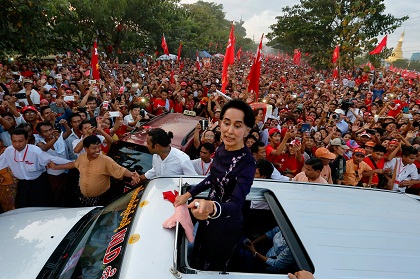 Courtesy: Independent.co.uk
Courtesy: Independent.co.uk
Myanmar’s first democratically elected government in decades completes a year this month, but it has not won widespread appreciation on many counts. Critics have highlighted the areas of darkness, but ignored its many achievements
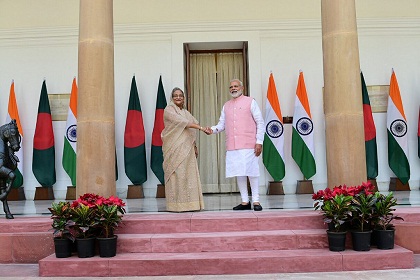 Courtesy: MEA/ Flcikr
Courtesy: MEA/ Flcikr
Sheikh Hasina’s visit to India earlier this week produced many tangible outcomes, but left some thorny issues unresolved, which may test the two nations’ political and diplomatic capabilities
The past decade has witnessed an evolution of India-Africa relations especially since the implementation of Modi's Act East policy. There is also a growing realisation of the strategic and geopolitical value of the Indian Ocean region. This speech highlights the policies needed to strengthen India-Kenya relations and tap the wealth of resources in this Blue Economy.
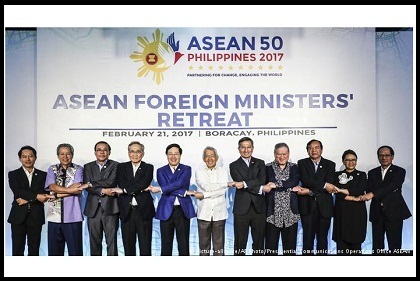 Courtesy: Deutsche Welle
Courtesy: Deutsche Welle
This regional grouping of 10 nations, which observes its golden jubilee year in 2017, has come a long way from the Cold War era when it was founded, making a significant contribution to peace, security and prosperity. Now, its future prospects and “centrality” look uncertain amidst the region’s changing geopolitics
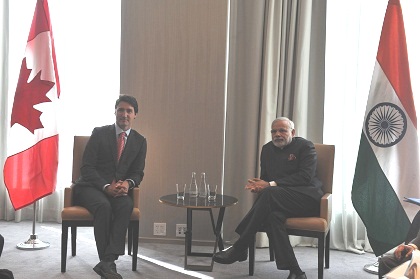 Courtesy: MEA/ Flickr
Courtesy: MEA/ Flickr
One is an advanced economy, the other an emerging one, and yet they share a striking complementarity of interests—from democracy and liberal values to a history of cordial relations. But two important economic agreements remain as chasms to be bridged
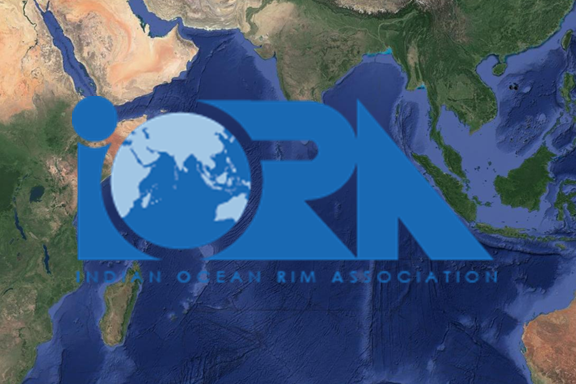 Courtesy: Gateway House
Courtesy: Gateway House
The two decade-old Indian Ocean Rim Association holds its first ever summit next week. Maritime safety and security in the region is a paramount concern as also enhanced trade, but will the Blue Economy be included as a priority? Another area of concern is devising modalities for cooperation with dialogue partners, such as the United States, China and Japan
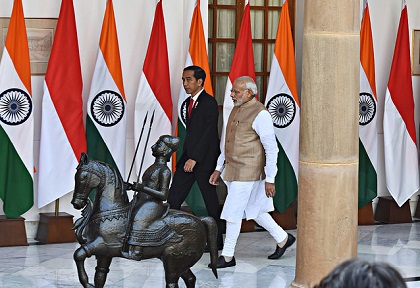 Courtesy: MEA/Flickr
Courtesy: MEA/Flickr
The optimal potential of the India-Indonesia relationship remains untapped. The Eminent Persons’ Group has advised the two governments to elevate the existing relationship to a “New Comprehensive Strategic Partnership”. Will practice follow precept?
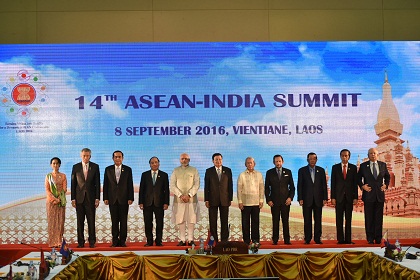 Courtesy: MEA/ Flickr
Courtesy: MEA/ Flickr
The Indo-Pacific region is home to some of the largest and most rapidly growing economies as also powerful military forces. Nuclear threats, international terrorism and climate change are some of the issues that define the region. Uncertainty dogs relations among the four nations in the top league—U.S., China, India and Japan—but what is emerging is a hawkish, policy stance from the U.S. as opposed to an isolationist outlook apprehended earlier
 Courtesy: Wikimedia Commons
Courtesy: Wikimedia Commons
Even nearly 70 years after independence, the people of Myanmar are struggling to complete nation-building and resolve the Rohingya issue. Is the million-strong community an ethnic group native to Myanmar or is it of South Asian origin, and, therefore, a part of Bangladesh? Evading the issue may not hasten national reconciliation
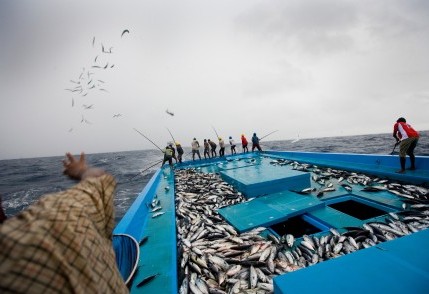 Courtesy: Wikimedia Commons
Courtesy: Wikimedia Commons
The first ever summit of the Indian Ocean Rim Association, to be held in Indonesia in March 2017, will cast light on how India and other like-minded nations can develop oceanic resources sustainably. This event offers scope for India to mould outcomes


